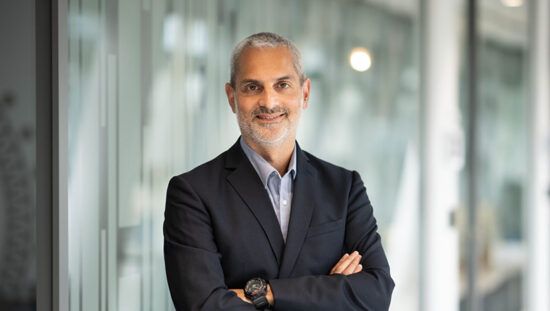It has been all quiet on the social bond front recently, with issuance levelling off after the pandemic.
Social bond issuance was $56bn during the first half of this year, a 60% decline compared to the same period in 2021 according to Refinitiv, with issuance down 8% year-on-year.
Yet the need for financing for social projects remains high. With that in mind, ESG Clarity has rounded up a few of the projects funded by social bonds held in the NNIP Social Bond Fund and Threadneedle UK Social Bond Fund, and the outcomes they have achieved.








